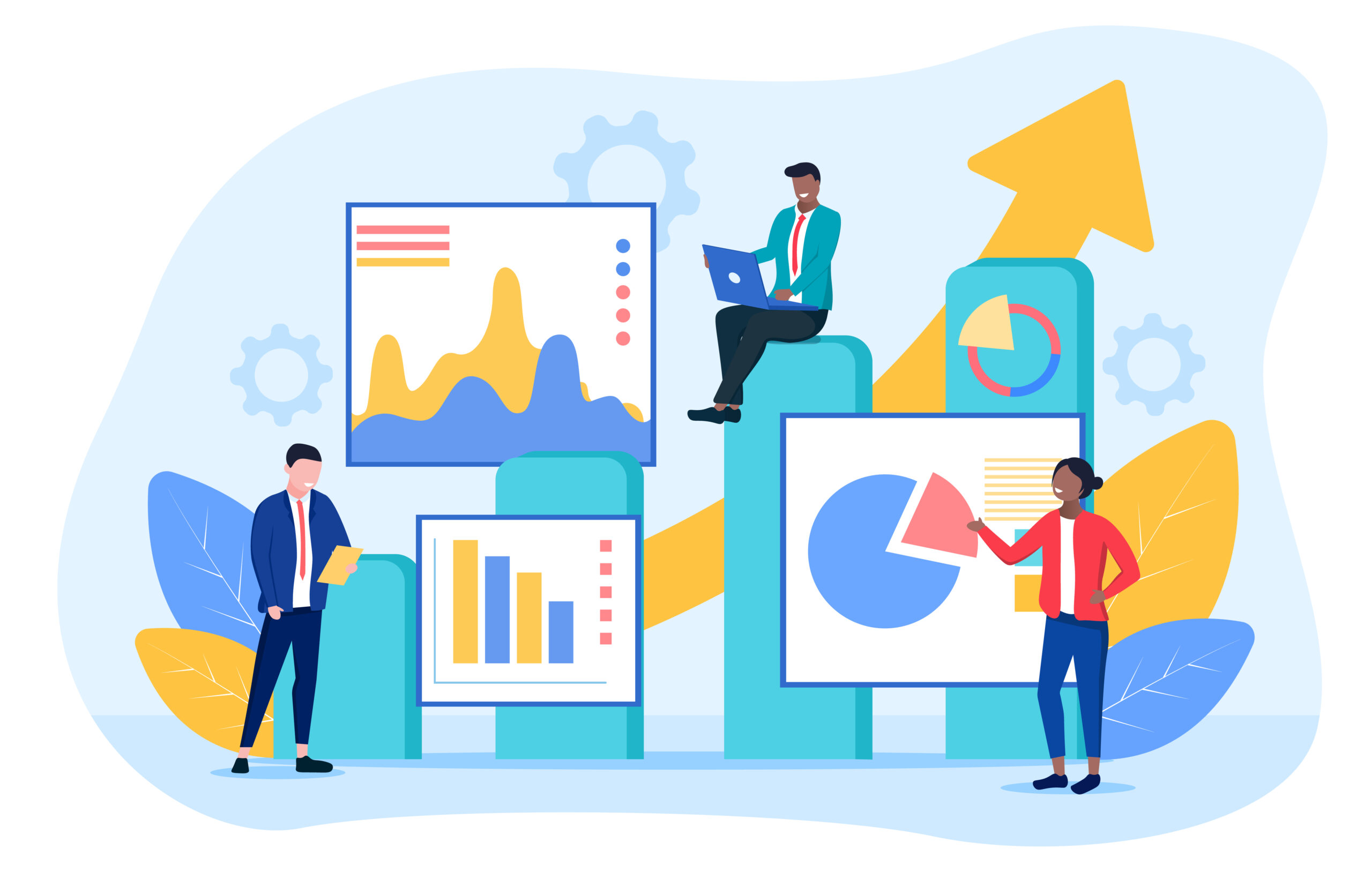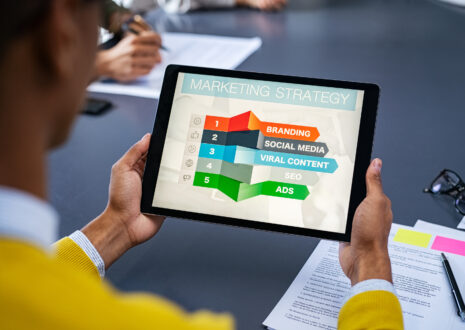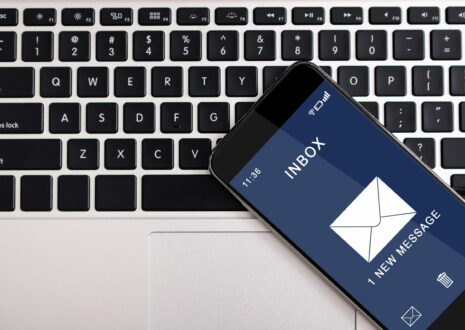Using customer relationship management tools can be an asset to any business. Anyone looking to improve sales, customer relationships, and organizing data is the perfect target for a CRM tool. Of course, CRM tools fall under the category of customer relationship management software.
In this article, we’ll break down what CRM is about and what is CRM software so you can make an informed decision about using your own customer relationship management tools.
What is CRM?
CRM software helps to integrate customer communications between businesses. Customer service is the key to business success.
Using CRM applications businesses can monitor and optimize customer interaction along with other interactions through the business process in varying departments. It can a key feature to use data across all employees.
Customer relationship management software does a lot more than just handle customer data. CRM systems can improve the customer journey and customer interaction. It can also help with sales and marketing automation, contact management, and overall business processes. CRM software also makes an effort to provide a piece to an omnichannel approach creating a seamless process across all platforms. CRM is one of the top business management softwares out there.
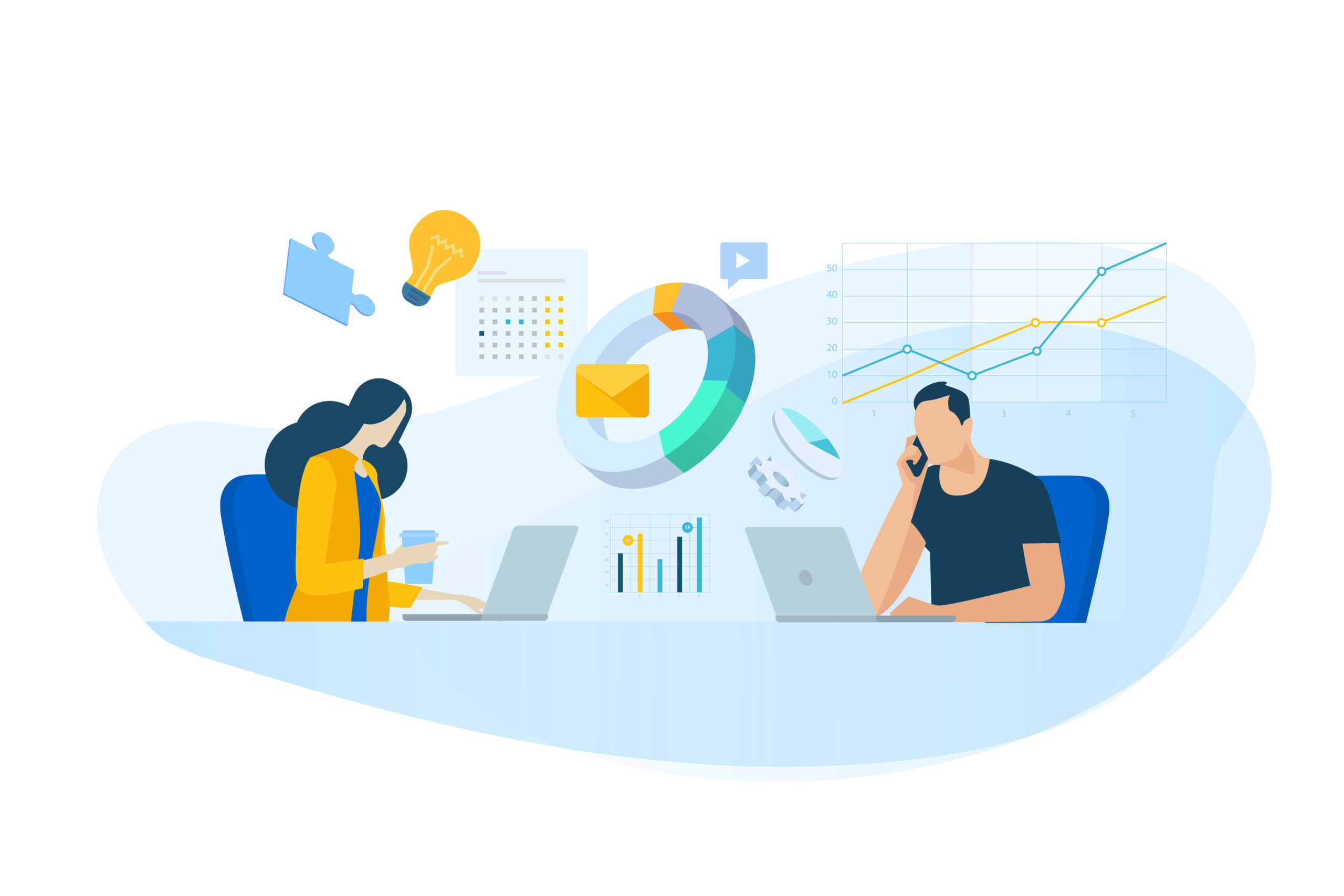
What is a CRM tool?
CRM systems help a business flow better. Every department from sales, customer service, marketing, human resources and anything else will benefit from using CRM software. These customer relationship management tools are the backbone of any CRM software. The customer relationship management tool can help you store customer data, record support tickets, and marketing information. It also goes much further when it comes to sharing data across all employees.
The easier it is to store customer data with customer relationship management tools companies can interact with customers better along with increasing transparency. Whether you are a small company or a large company you can improve with CRM tools. It allows your company to have access to the information easier and also store the information in an organized way.
The Different Types of CRM Software
CRM software has numerous options, as shown above. Some CRM programs will have a functional focus, and knowing the specific needs of your company will assist in choosing the best fit. CRM software can be broken down into 3 main systems. Each of these systems will have its benefits of different CRM tools being used.
Collaborative CRM
CRM software works collaboratively to make the customer happy. They aim at improving customer retention and satisfaction levels by simplifying communication among team members. This type of platform combines customer service and marketing to unify communications and personalize interactions with customers, vendors and external users. Collaborative CRM is all about customer interactions and customer data.
Analytical CRM
Analytic CRM software is often targeted at organizations interested in data analysis. These software applications are geared to monitor customer retention rates and pipeline cycle timescales. These services go beyond purely contact management, providing sales forecasting and sophisticated metrics to data-centered businesses.
Operational CRM
Operations CRM solutions are aimed at managing businesses and have a focus on sales automation. This software focuses on contacts management, lead scores, marketing lead management and campaign tracking and can help companies enhance their operation efficiency by adding additional functionality.
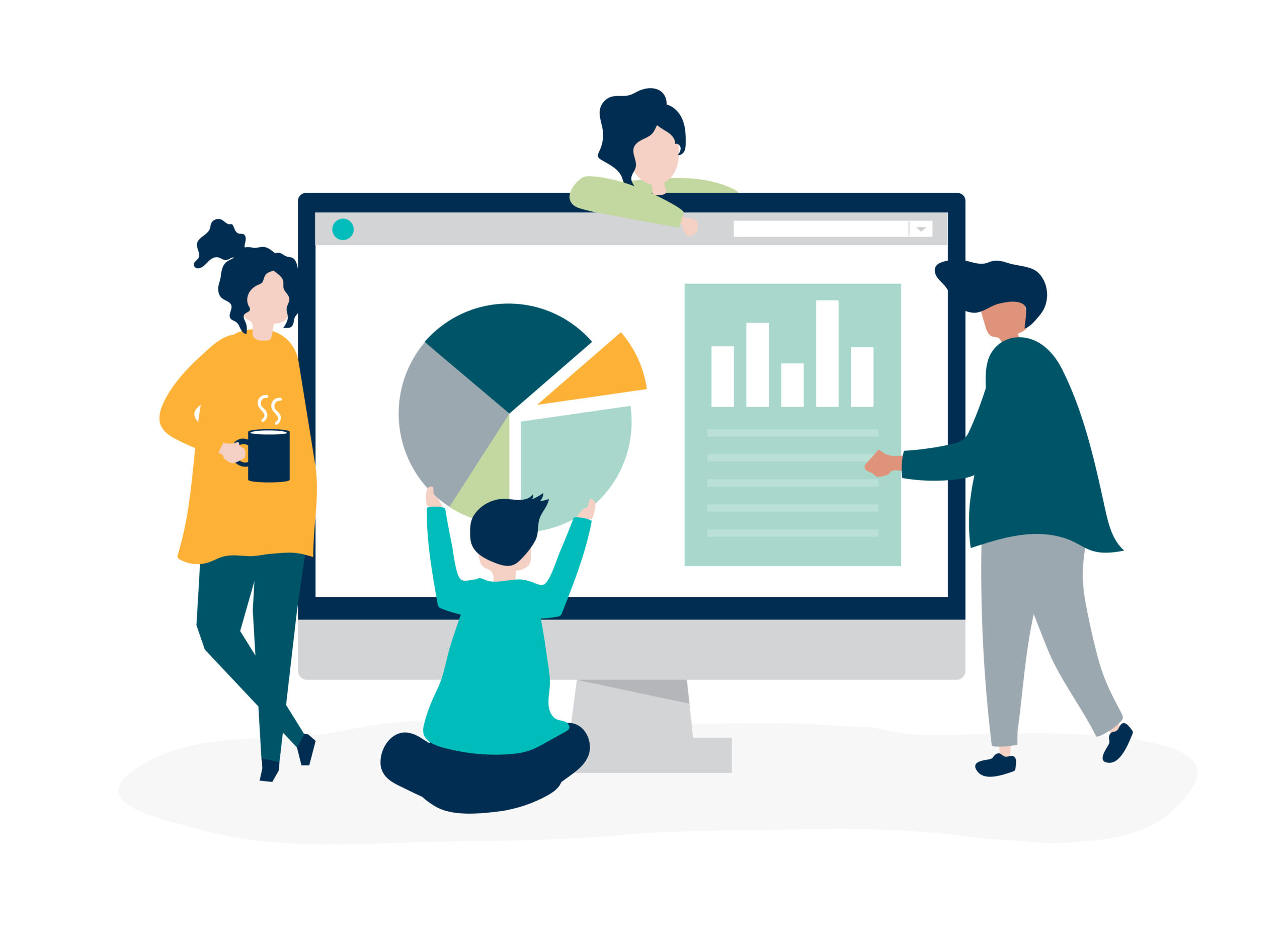
Choosing CRM Tools for Your Business
CRM software can be an expensive investment but remember that the low-priced ones do not guarantee the maximum value for money. Doing your research about the CRM systems and in your business will help you determine what you need.
Another point to mention is a CRM tool can be complicated. You want your new tools to be easy to use. Remember it should improve workflow, not the other way around. Of course, learning any new software will take time, so it’s important to spend the time focusing on whatever CRM tools you decide to work with. Here are some lasting points to look for when choosing your CRM software tools.
Mobile and cloud CRM applications
Nearly every CRM solution provides mobile CRM and Cloud CRM software which are accessible from anywhere. The latest data show that CRM applications using mobile technology are nearly 3-fold as effective as the software used on the non-mobile CRM system. Mobile and cloud-based tools provide teams with unified processes, workflows and tracking, accessible anytime, anywhere in the world.
A user-friendly CRM dashboard
Your CRM dashboard will provide you with an interactive visual interface your staff sees daily. So when integrating CRM, you should ensure that you can easily and effectively configure the CRM application with the right tools and functions. Any project goal or process should have a CRM dashboard that provides CRM software. The customizable dashboard ensures no data is overload. Make your business life easier with a CRM intuitive dashboard.
Pipeline coordination and automation
In fact, CRMs are often regarded as a powerful tool in the process of increasing sales pipeline productivity. Using streamlined CRM sales processes, a CRM tool can: After all—bells and whistles have no impact unless your players understand it.
Data-driven CRM reports
CRMs are useful tools for analyzing sales and advertising data. By automatically creating valuable CRM report formats, you can easily understand your sales and marketing activities.
It’s your turn to make the effort and find which CRM tool is right for you. Using customer relationship management tools is a great way to optimize your business and have a better workflow. Remember you’re CRM software should improve your work, not the other way around. Keep things simple!

